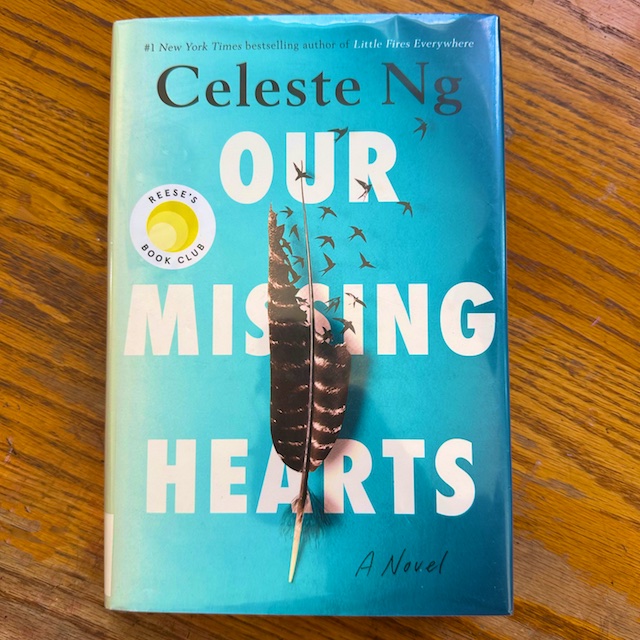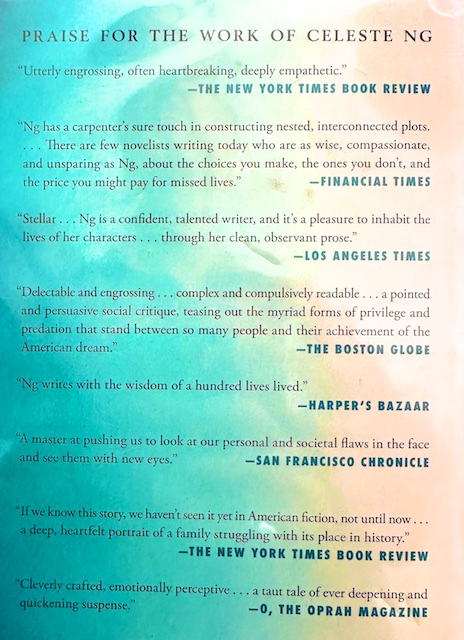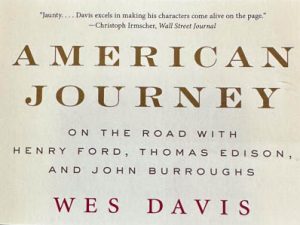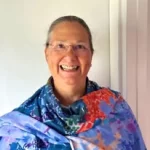With strong warnings against authoritarianism, governmental over-reach, xenophobia, and the repression of diversity in culture, this book packs a punch. It highlights the power of shared stories, the danger of silenced voices, and how hard it is to get back freedoms once they are lost.
It explores the plight of children who have been removed from their parents, “for their own safety,” because “they are a bad influence,” or to “make them a conforming American.” It smacks of the removal of indigenous kids to erase their culture, the fear mongering that fostered the Japanese internment camps, or the kids separated from their parents at borders during immigration. It is chilling because it hits so close to home.
Performance art is also highlighted here, as effective and non-violent protest; there was a lot of creativity in those depicted, especially in the final project, which I thought was absolutely brilliant. Poetry is also central here, with its complex meanings being interpreted in a way not originally intended.
The writing is excellent; this story was propulsive for me, with the audio version of the book being particularly compelling. The “crisis” that brought this all on was easily plausible, which made what came after, as discussed in Our Missing Hearts, so affecting. We are already in this awful situation in more ways than we want to admit.
Let us rejoice in all our differences and celebrate all our uncomfortable disruptions, before they are outlawed. Let us take a stand for kindness. To be silent is to be complicit. I give this thought-provoking, importantly cautionary book, 4 stars.








